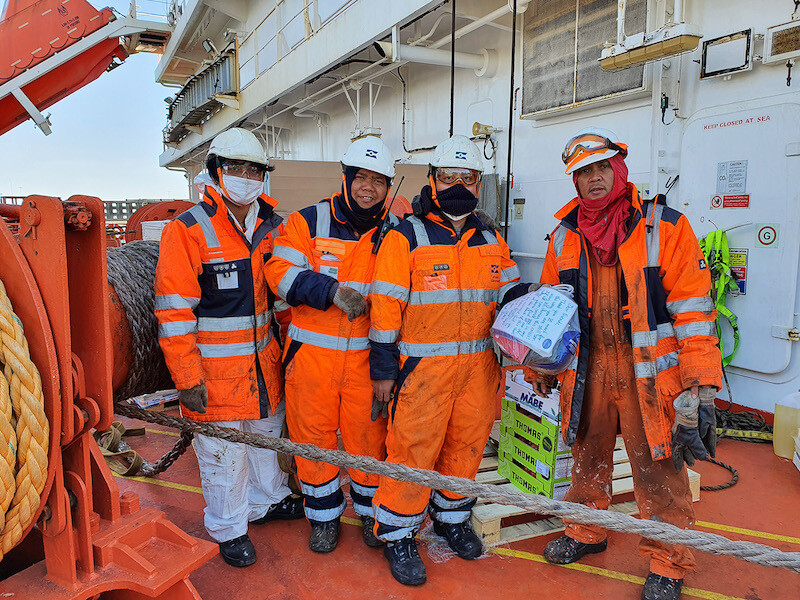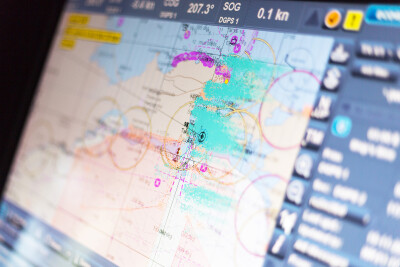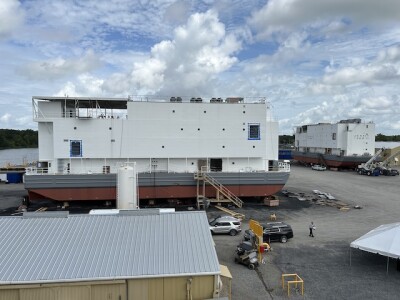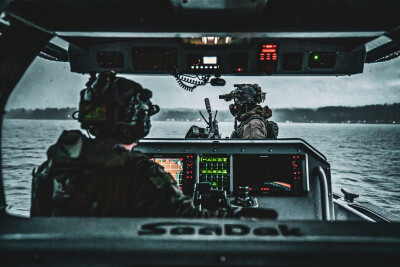In response to the impact of the coronavirus pandemic on seafarers, DNV has instructed its safety management auditors to specifically address seafarer health, work and living conditions in their 2021 audits, the Hamburg, Germany-based company announced today.
“The pandemic has in many cases made crew repatriation difficult, posing challenges to the mental health of seafarers working and living in relatively confined spaces for extended periods,” said Georg Smefjell, head of Maritime Management Systems (MMS) Services, DNV Maritime. “With the support of experts throughout DNV, we have established a separate audit protocol addressing challenges to crew health and well-being.”
The International Labor Organisation (ILO) has noted with “deep concern” that hundreds of thousands of seafarers have extended their original tours of duty far beyond the recommended maximum. The ILO acknowledges the “immense risk” that increased fatigue represents for the physical and mental health of individual seafarers and for the safety of navigation, security, and protection of the marine environment.
“The whole value chain of shipping has its role to play in supporting the ongoing plight of the seafarers,” said Knut Ørbeck-Nilssen, CEO of DNV Maritime. “Safety at sea is at the heart of everything DNV does and the health and wellbeing of crew is vital to upholding safety standards. We believe that increasing our focus on the risks associated with seafarer fatigue in our safety management audits will help support safer operations at sea.”
The new DNV audit protocol is grounded in the International Safety Management Code (ISM) and the Maritime Labor Convention (MLC) of 2006. The overall objective of these regulations is to ensure safety at sea by requiring companies to provide, among other things, a safe working environment through assessing all identified risks to ships and personnel and establishing appropriate safeguards.
Focusing on relevant ISM objectives and implementing appropriate safeguards for risks related to the pandemic will enable DNV Document of Compliance (DOC) holders to better handle the ongoing challenges, according to Smefjell.
DNV has recently revamped their MMS audits around the fit for purpose concept, where auditors assess the effectiveness of management systems in meeting customer and regulatory objectives based on analysis of customer performance and needs.
“Our customized safety management service will help our DOC holders deal with risks to seafarers associated with the pandemic and take proactive measures to alleviate them,” said Smefjell. “The health and well-being of seafarers is of interest not only because of the need to prevent the spread and consequences of Covid-19 and comply with industry standards, but also because it is key to companies meeting their objectives and goals for safe and effective operations.”





